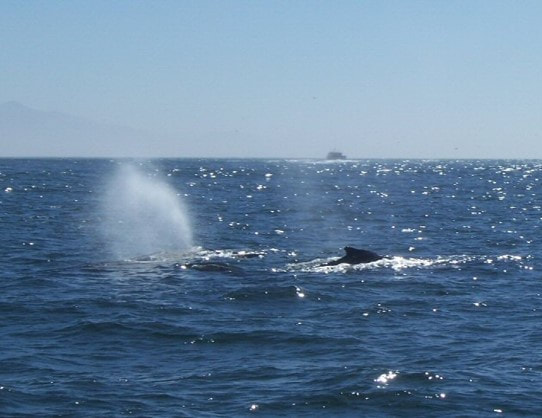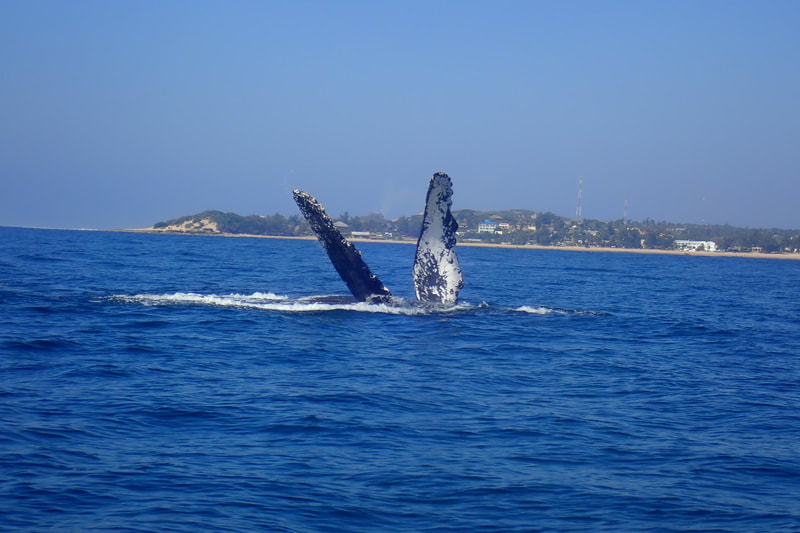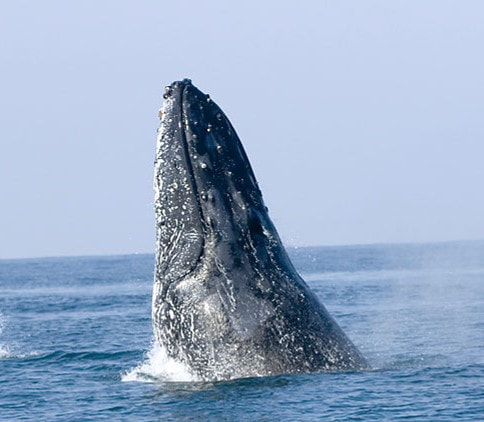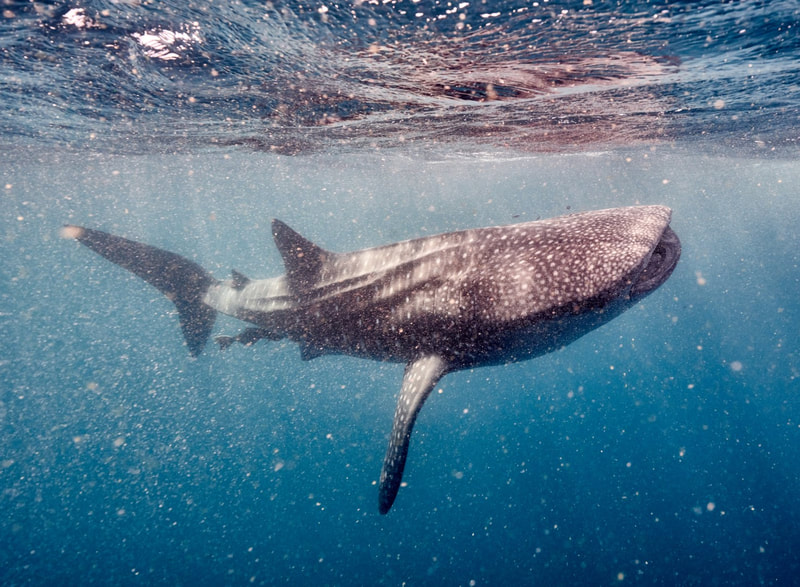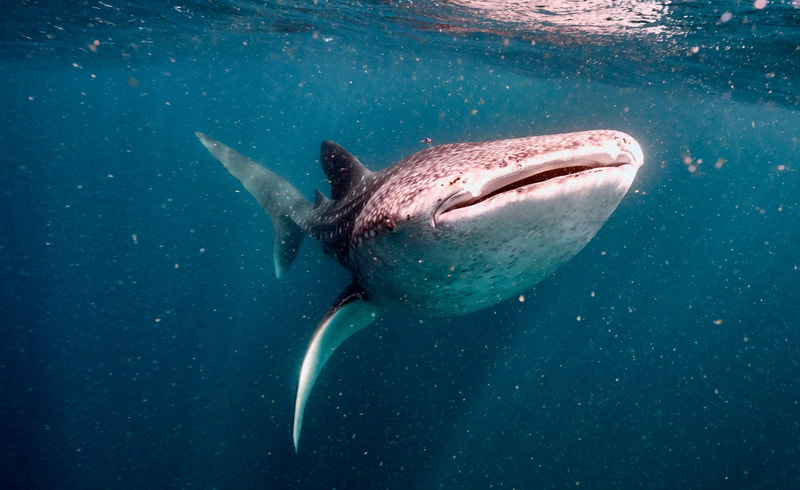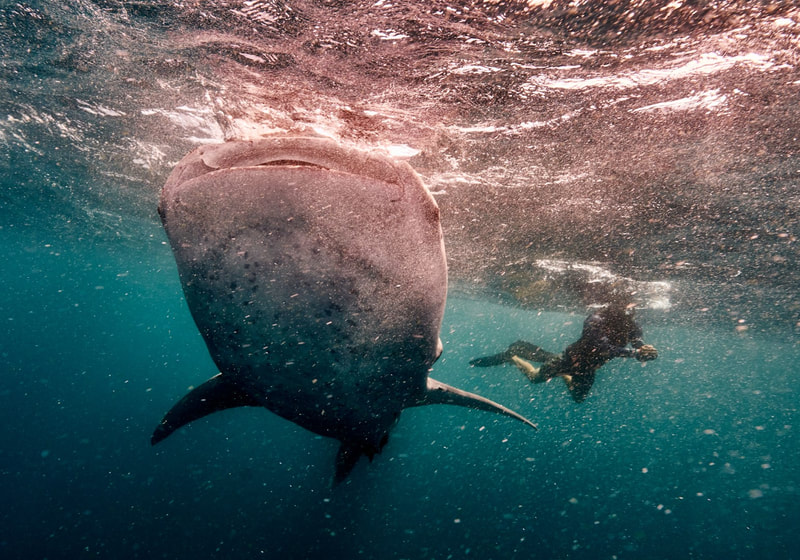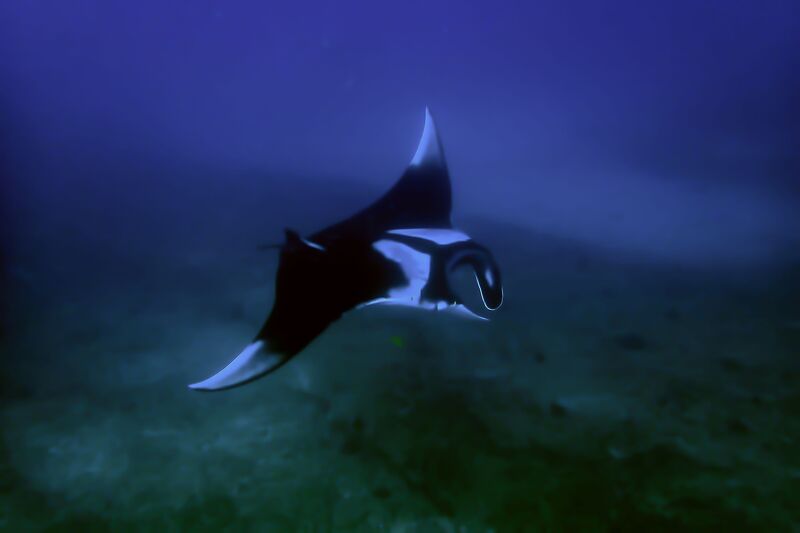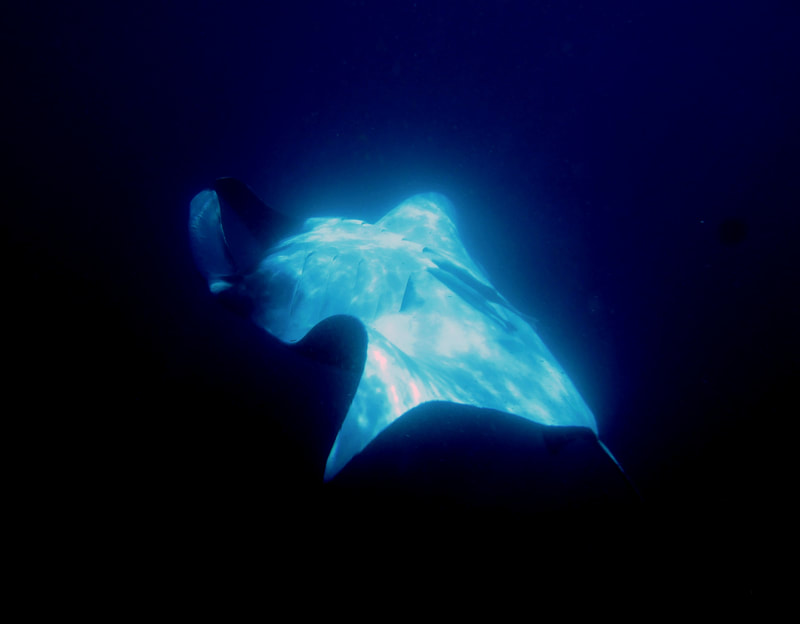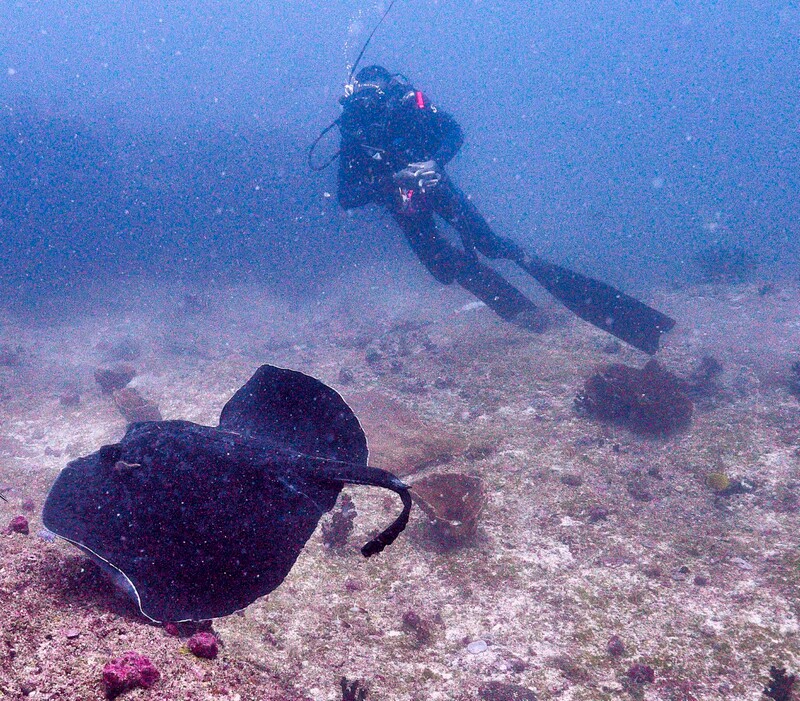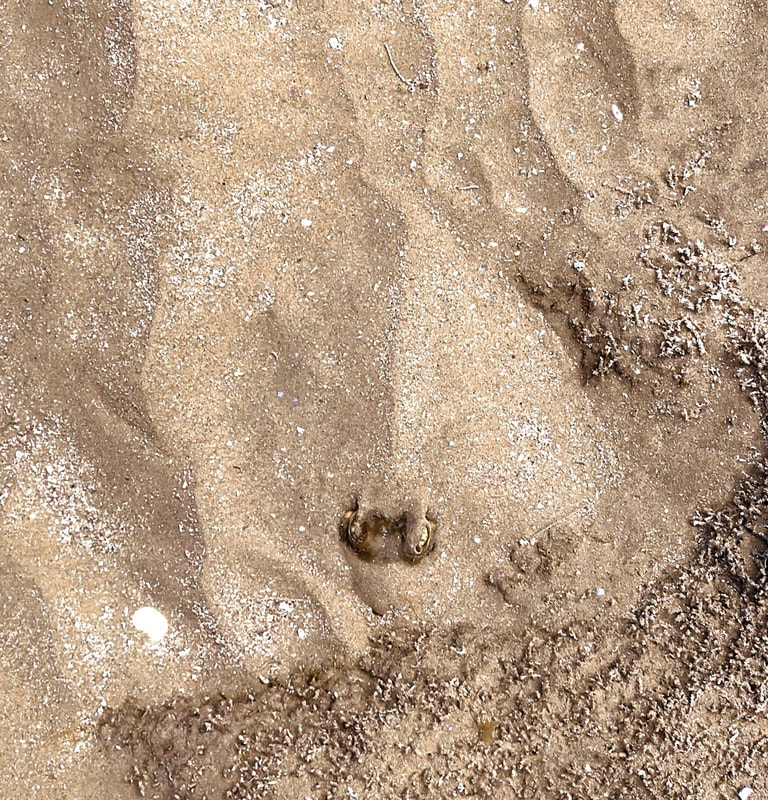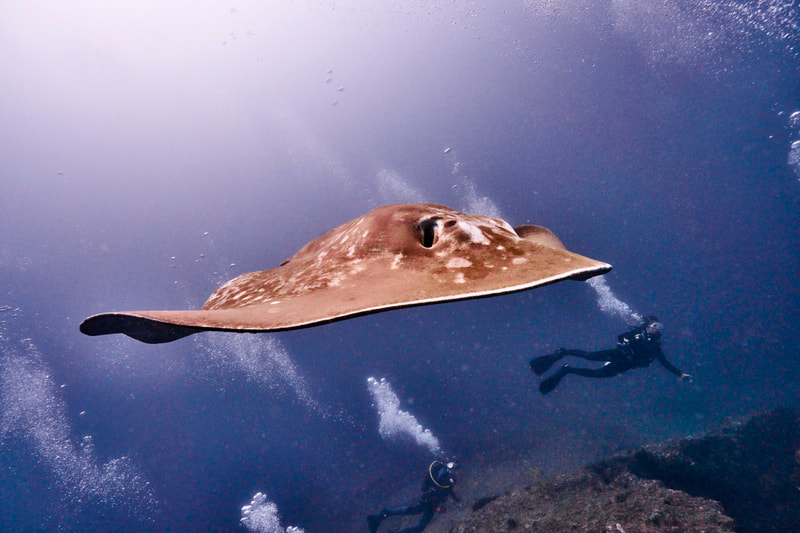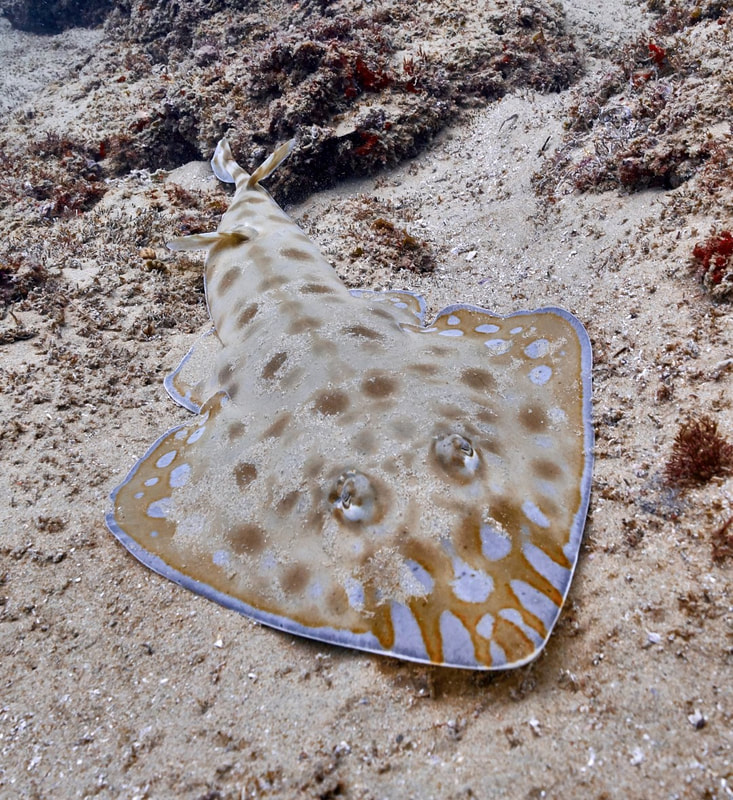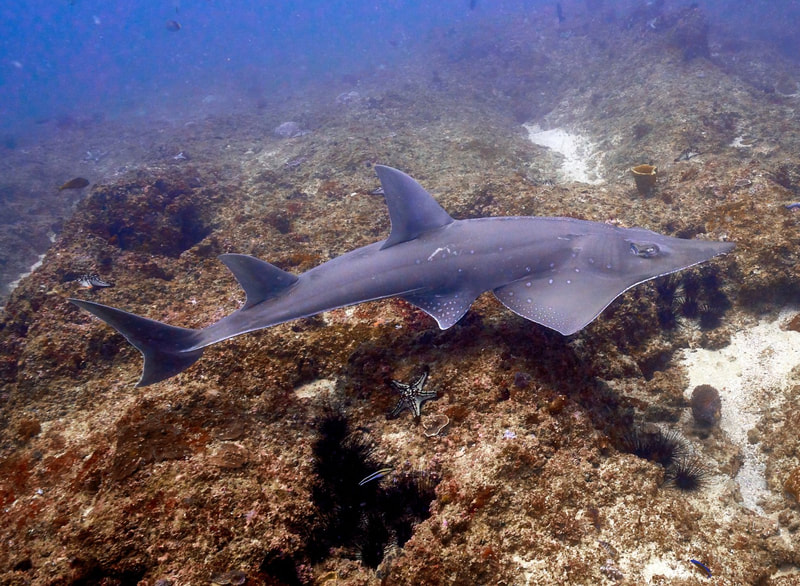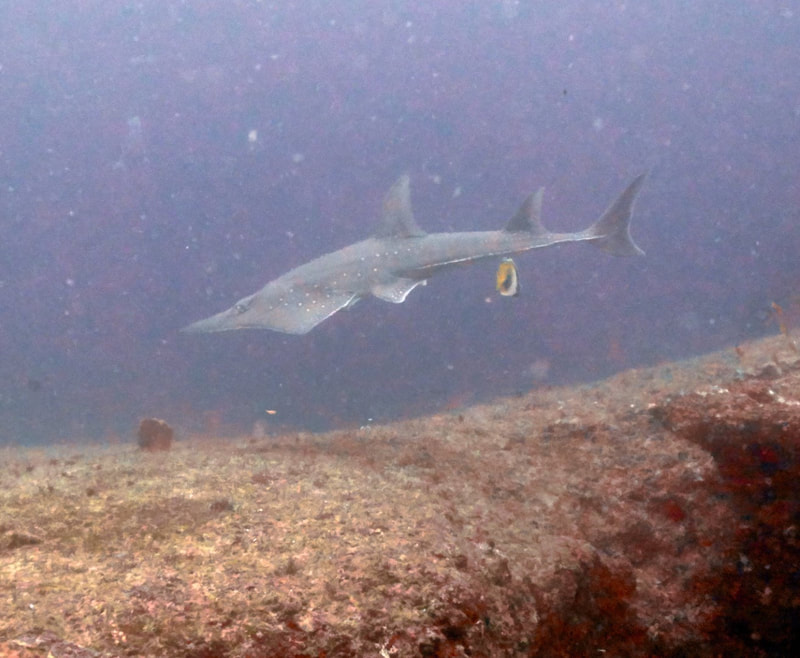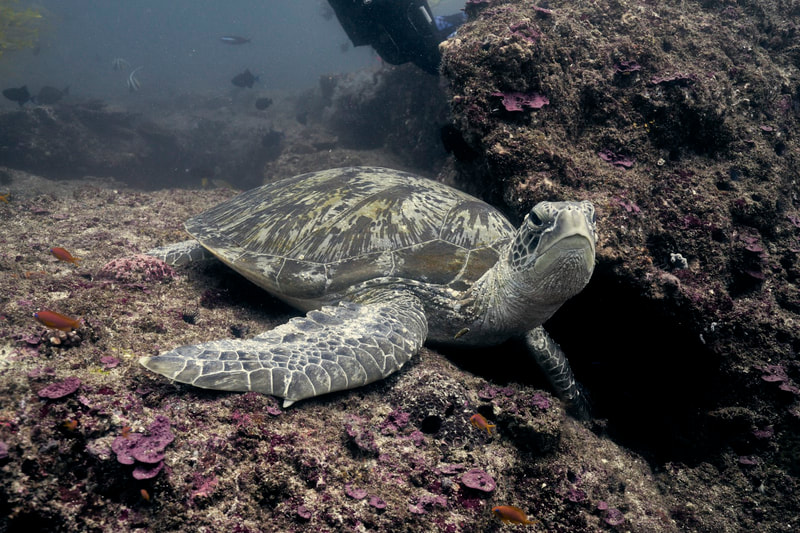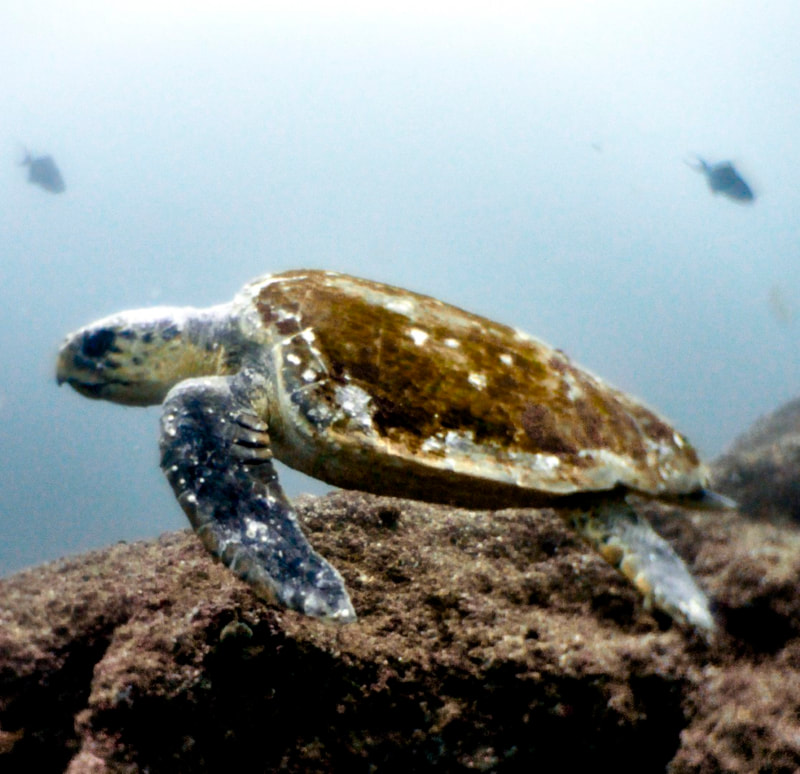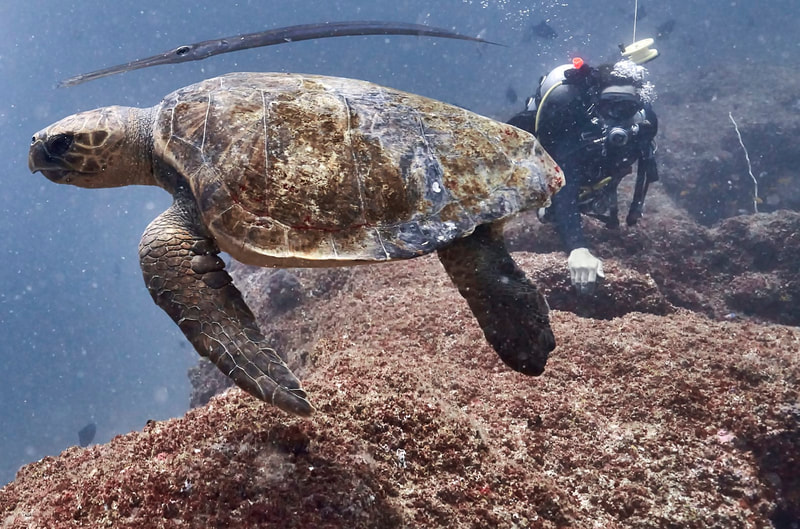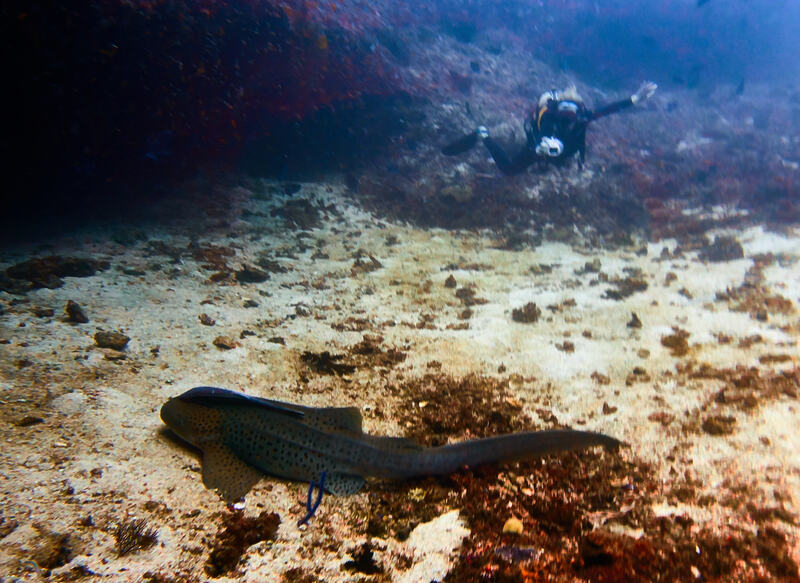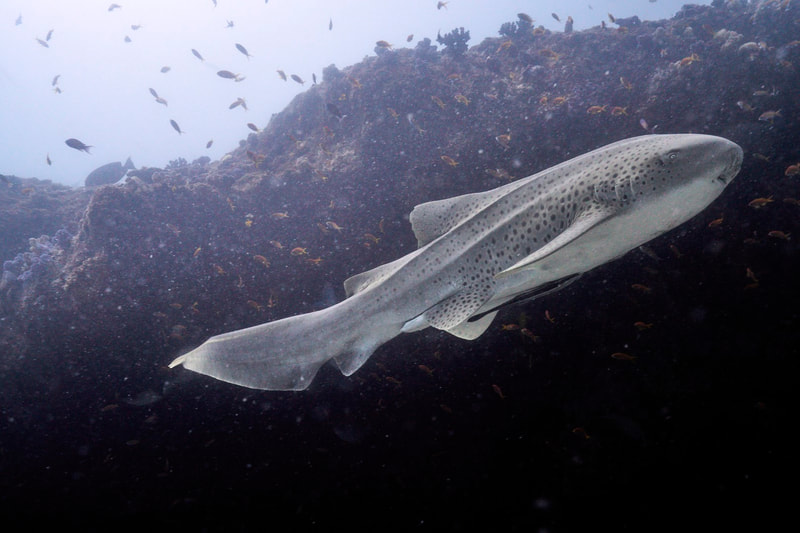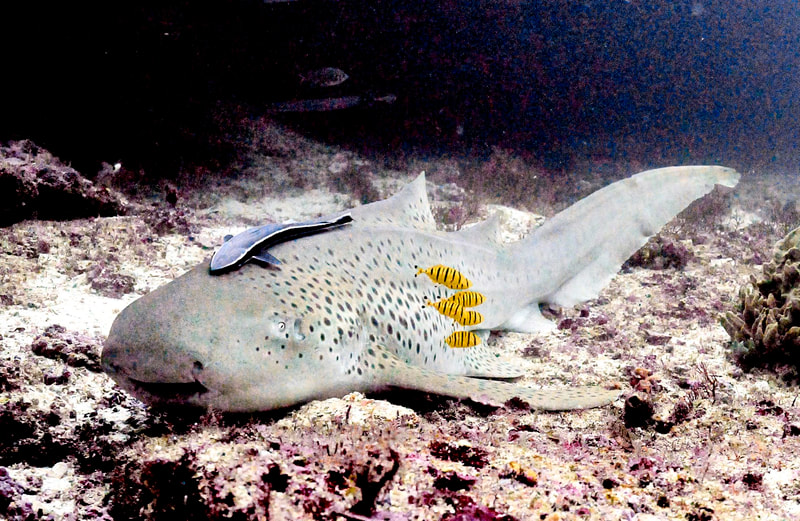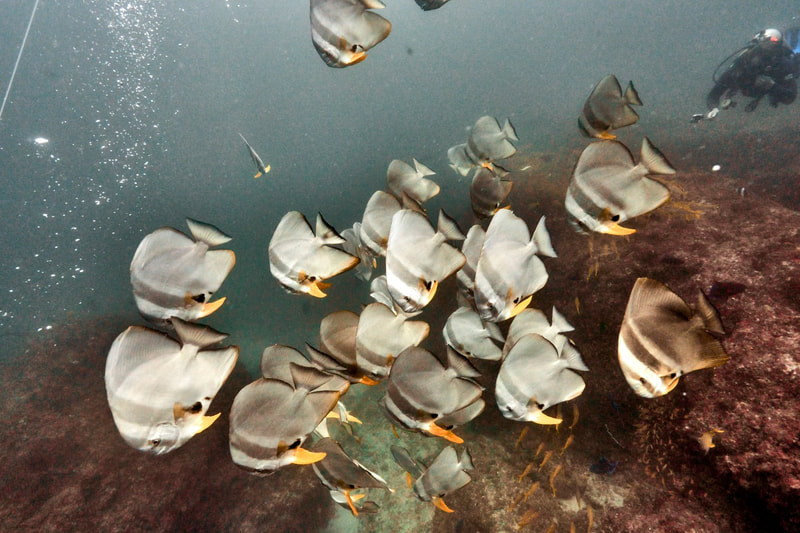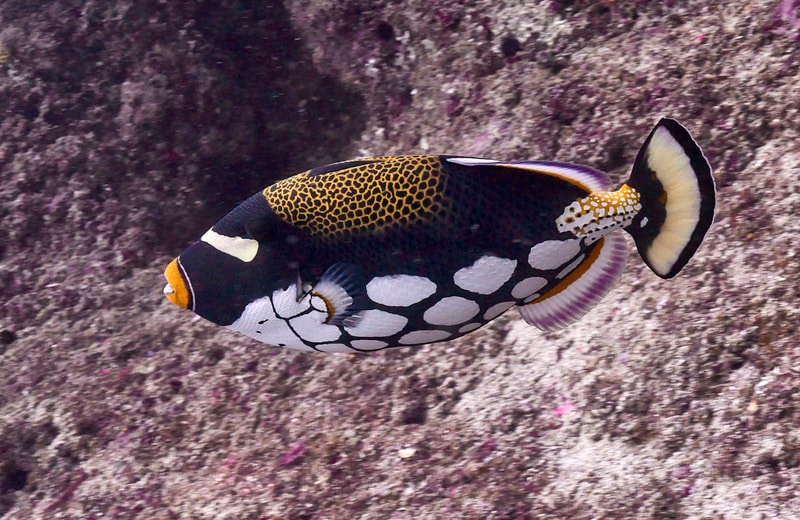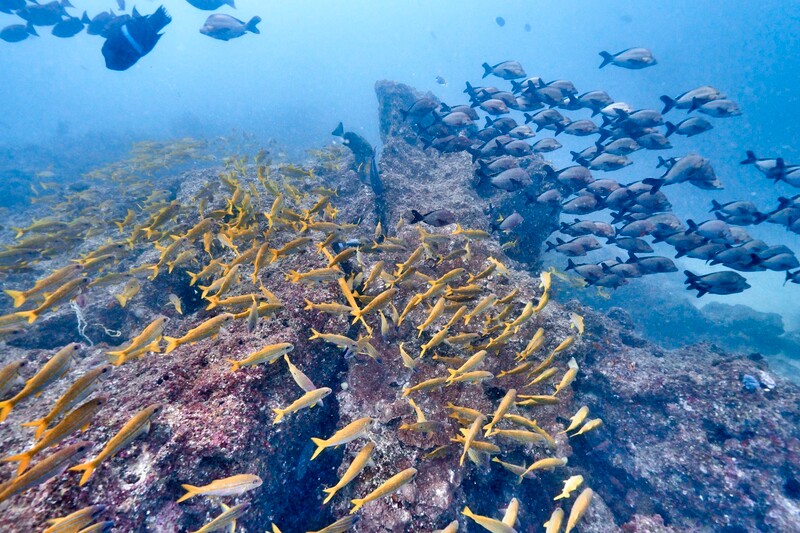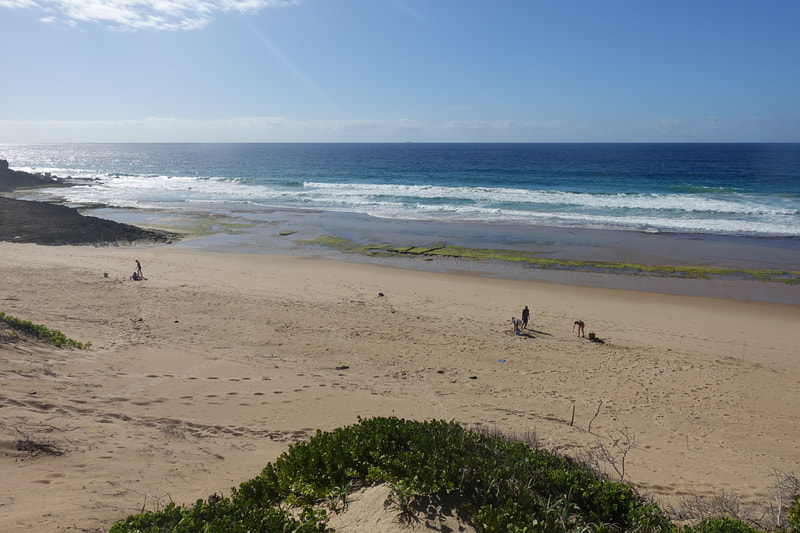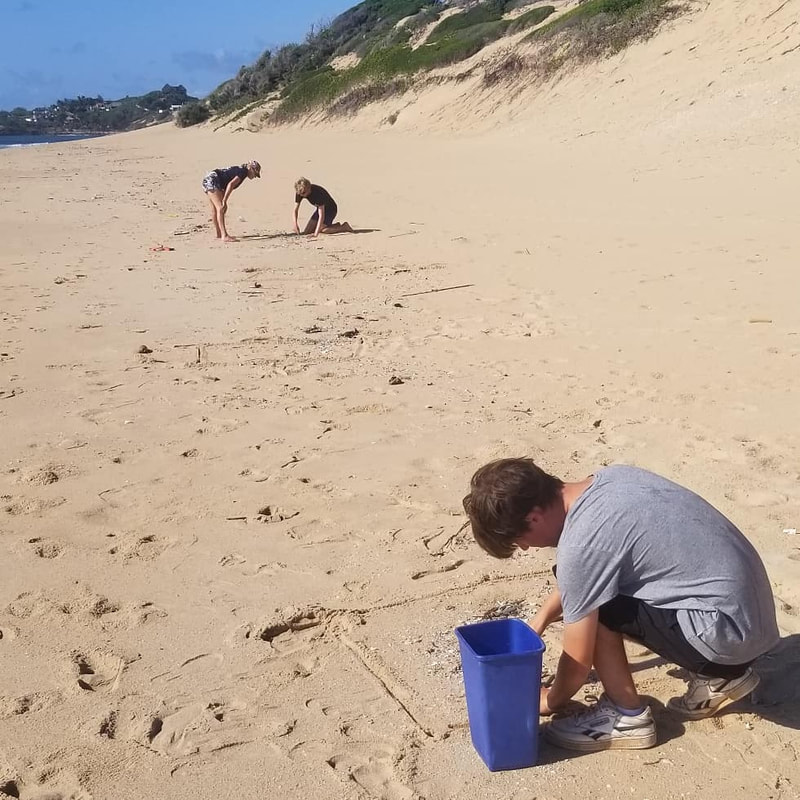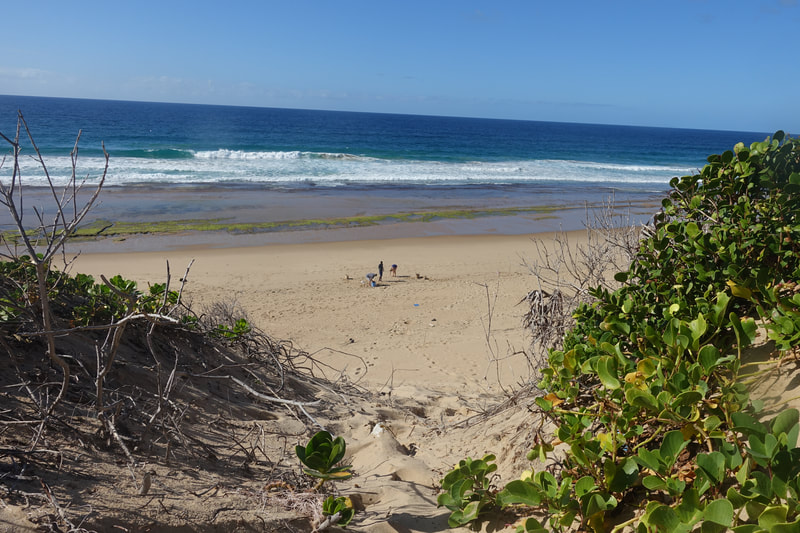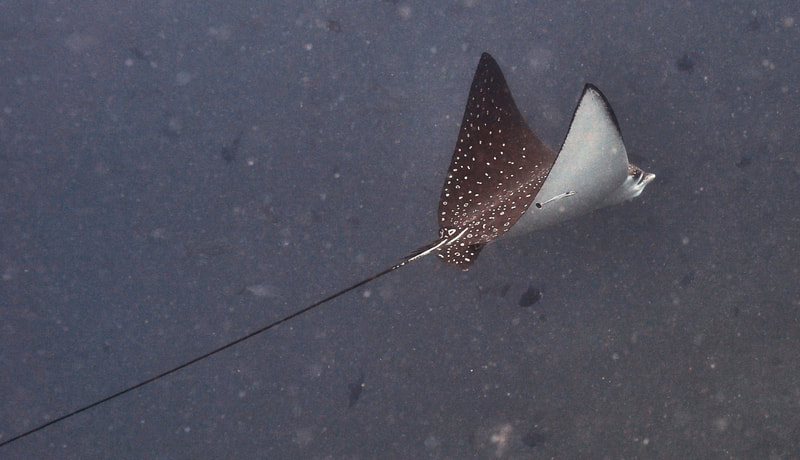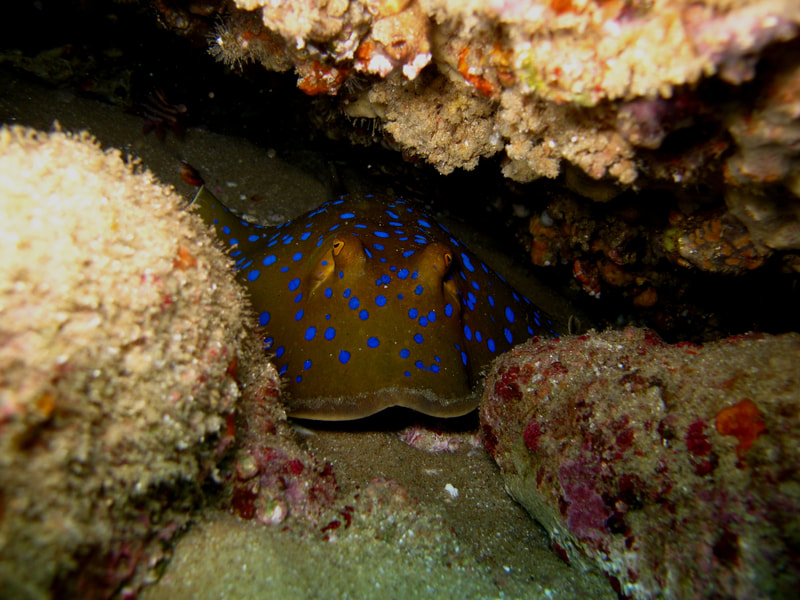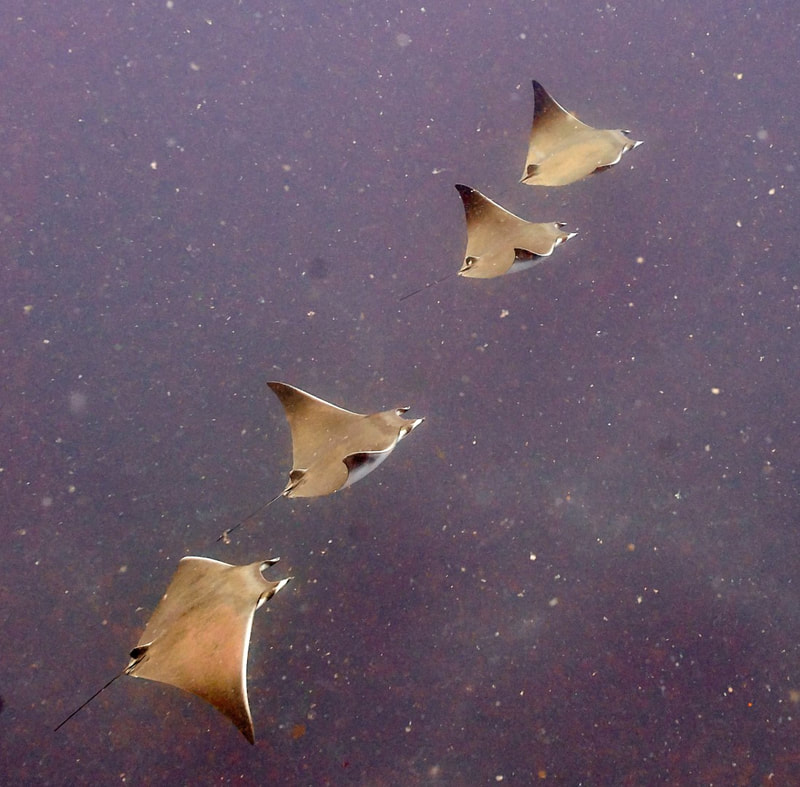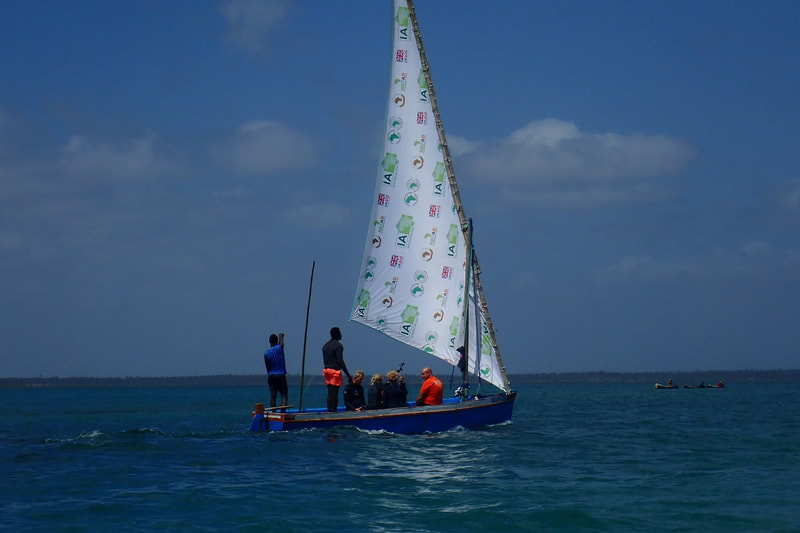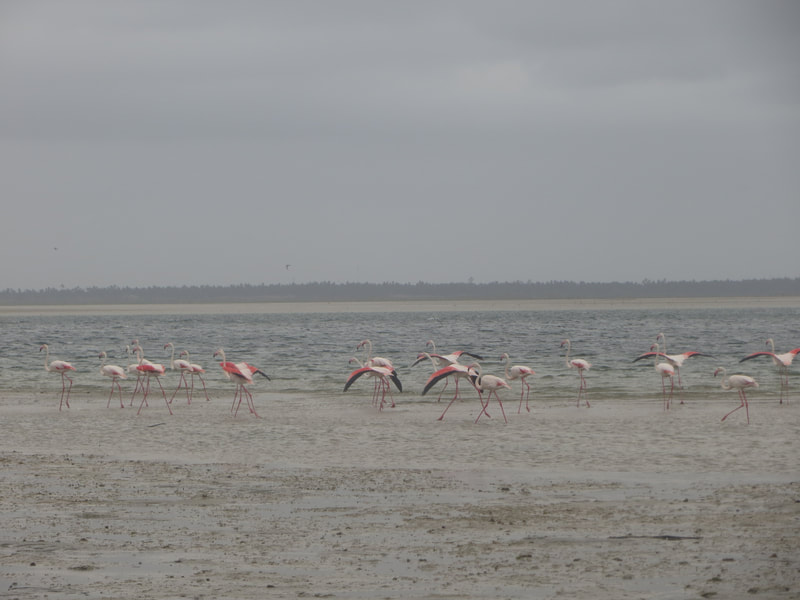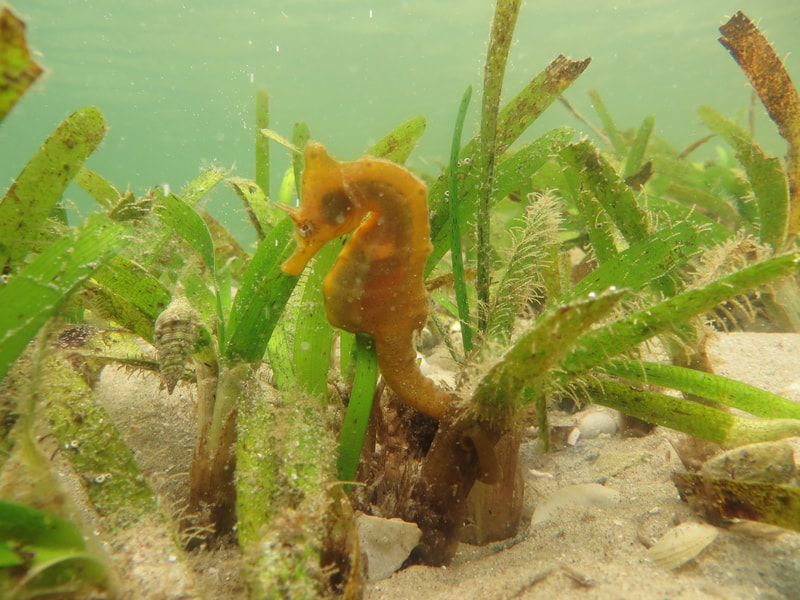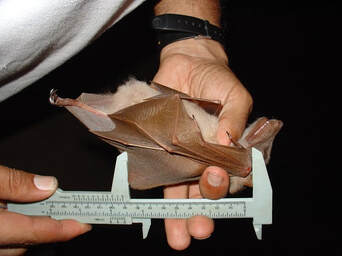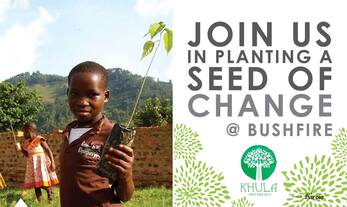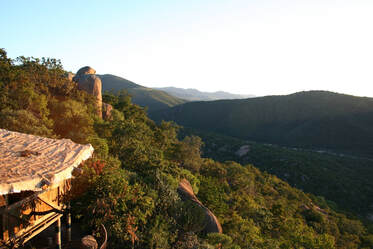Our ultimate goal
The Marine environment along the east coast of Africa provides habitat for a plethora of incredible, rare and vulnerable marine animals. Our marine conservation project is situated in Tofo beach, in the Inhambane province of Mozambique. This coastal region is a truly unique global biodiversity hotspot under threat from plastic debris, overfishing, population growth and the global temperature crisis.
"It is these animals, their environment and threats to their livelihood which we measure, in a long-term, consistent and reliable way, to build sound and meaningful science.
This is how we contribute to their conservation." - Jennifer Keeping, Marine Project Coordinator.
Our ultimate goal is in providing long-term data to researchers in order to better understand the changes that are occurring to the animal populations along this stretch of coastline. These projects are to inform better conservation actions. The actions range from national and international communications, governmental legislature and local awareness and education programs.
"It is these animals, their environment and threats to their livelihood which we measure, in a long-term, consistent and reliable way, to build sound and meaningful science.
This is how we contribute to their conservation." - Jennifer Keeping, Marine Project Coordinator.
Our ultimate goal is in providing long-term data to researchers in order to better understand the changes that are occurring to the animal populations along this stretch of coastline. These projects are to inform better conservation actions. The actions range from national and international communications, governmental legislature and local awareness and education programs.
|
Thanks to the help of our researchers at the MRC,
in 2019 the Inhambane coastal region has been designated as an 'Important Marine Mammal Area' by the IUCN's Marine Mammal Protected Area's Task Force. ONE GOAL ACHIEVED! |
OUR research topics:
humpback whale research
Tofo is one of the sighting hotspots for southern humpback whale winter migration (June – October). Observations of humpback whales are made annually from the boat, the dune and while diving. Population demographic, behavioural studies, trends in sightings and more can be deduced from the reliable data collected by this project since 2011. Opportunity for further, independent research is also possible with the equipment already owned and underway by All Out Africa, such as acoustic and genetic studies. Other cetaceans are also monitored as part of this project including the Indo-pacific bottlenosed dolphin and Indian ocean humpback dolphin.
Species;
Species;
- Southern humpback whale (M. novaeangliae)
whale shark research
Tofo is one of the hotspots for whale shark sightings and they can be seen here year round. Observations of whale sharks are made weekly from the boat and while diving. Population demographic, behavioural studies, trends in sightings and more can be deduced from the reliable data collected by this project since 2008. Opportunity for further, independent research is also possible with the equipment of All Out Africa.
Species;
Species;
- Whale shark (R. typus)
manta ray RESEARCH |
Both of the currently recognised species of manta ray occur in the diving region of Tofo. We see them both whilst diving and the water surface. Feeding, cleaning, cruising and mating trains are just a few of the behaviours recorded by our long-term data observational data collection, providing our volunteers with incredible experiences and our researchers with sound, consistent and conservation-led data.
Species included;
Species included;
- Giant/oceanic manta (M. birostris)
- Reef manta (M. alfredi)
stingray research |
There are many species of stingrays in the diving region of Tofo, Mozambique. Our more recent research has focussed upon 4 of the predominant species. Observational and photographic records of their occurrence and behaviours have allowed our researchers to identify individuals and keep track of habitat associations and trends in their sightings, highlighting their potential vulnerabilities. Our resident researcher has developed a computer-aided photo-matching database to identify individual smalleye stingrays, which are only seen whilst diving in Inhambane and near Townsville in Australia.
Species include;
Species include;
- Smalleye stingray (M. microps)
- Blotched fantail ray (T. meyeni)
- Jenkins whiptail ray (H. jenkinsii)
- Indian ocean maskray (N. indica)
guitarfish researchThere is currently a desperate global call for more information on the status of guitarfishes and wedgefishes. Typically these species are incredibly rare, and when they are seen they tend to be shy and swim away. This is where the benefits of long-term, consistent data collection comes in - data for guitarfish, in it's current form, has been collected since 2011 for our guitarfishes and wedgefishes seen in the diving region of Tofo. Photographic (where possible) and observational data is recorded and stored in what is now becoming an incredibly valuable and sufficient project in the MRC.
Species include;
|
turtle research
Four species of turtle are found in the Tofo area of Mozambique. We record sightings of all these species, their gender, health and behaviours. We have a collection of photographs of the side of their face and top-down, currently contributing to the 'Tartarugas Para Amanha' turtle ID database. On the beaches, we monitor nesting and keep mortality records.
Species included;
Species included;
- Green turtle (C. mydas)
- Loggerhead turtle (C. caretta)
- Hawksbill turtle (E. imbricata)
- Leatherback turtle (D. coriacea)
leopard shark research
Our leopard shark database includes photo-identification shots, behavioural observations, diver-shark interaction, health and a multitude or other non-invasive observations that are ripe for the analysing. The marine research centre's leopard shark database has thus far been utilised in many mini-projects of marine fieldwork students and contributed towards a Masters thesis.
Species;
Species;
- Leopard shark (S. fasciatus)
reef fish research
Osteichthyes make up the majority of life on the reefs around Tofo. Symbiotic relationships, such as ‘cleaning stations’, mating rituals, schooling and team hunting behaviours can be observed on every dive. Our largest Osteichthyes, the brindle bass (E. lanceolatus) once common is now rarely seen, due directly to overfishing. The potato bass (E. tukula) is still seen regularly on dives and is well known for its curiosity to divers. Our current research includes reef health surveys and photo-identification of the potato bass and frog fish. Mini-projects in the past have observed cleaning station-related species, however, much more dedicated research is required to understand these vital elements to the functioning of these reef ecosystems in Tofo.
Species included;
Species included;
- 82 species of reef fish, some commercially important, some representatives of different trophic groups
microplastic research
Our volunteer citizen scientists conduct a minimum of 2 monthly surveys of the microplastics deposited by the high tide on the beaches surrounding the MRC. Type of plastic, abundance and location are recorded and added to our ever-growing database of information regarding the increase of harmful microplastics in the marine environment of Mozambique.
other elasmobranch research
We record photographic and observational data on other elasmobranch species including:
- Shortfin devil ray (M. kuhlii)
- Javanese cownose (R. javanica)
- Pink whipray (P. fai)
- Bluespotted stingray (T. lymma)
- Reticulate whipray (H. uarnak)
- Spotted eagle ray (A. narinari)
- White tip reef shark (T. obesus)
- Grey reef shark (C. amblyrhynchos)
- Scalloped hammerhead (S. lewini)
- Bull shark (C. leucas)
- Tiger shark (G. cuvier)
- White shark (C. carcharius)
estuary research
We carry out monthly surveys in the Inhambane estuary, an important ecological area. It includes large expanses of seagrass, sand bars, rock outcrops and mangroves. There are 2 main islands located in the middle of the estuary, accessible by local dhow (wooden sailing) boats. We survey two areas of seagrass for seahorse abundance and species richness. The estuary historically provided habitat for dugongs (D. dungon), although now they are an extremely rare sighting. This intertidal area offers fantastic bird diversity, which changes drastically along the 50km stretch of the estuary from Barra to Jangamo.
Keep up to date with latest research from the MRC
other similar projects
savannah RESEARCH
|
The savannah ecosystem of NE Eswatini is part of the Maputaland biodiversity hotspot an area of global conservation priority. We investigate the dynamics of this ecosystem and monitor it's threatened wildlife to advise conservation efforts, whilst training young local ecologists.
|
reforestation
|
We plant indigenous trees in places that need it. Not only does this reforest areas with native species thereby restoring biodiversity but it also creates awareness about and appreciation for our natural heritage encouraging a conservation ethic. We plant trees at events such as Bushfire and World Environment day, at schools, at community centres and in Nature Reserves.
|
community eco-tourism
|
We help communities in rural Eswatini develop eco-tourism facilities and attractions. We also help market these to encourage visitation. This contributes towards natural heritage conservation, community empowerment and socio-economic development. We have worked with various local communities, national partners (including ETA and ENTC) as well as various international partners (including UNDP, CEPF, GEF).
|


